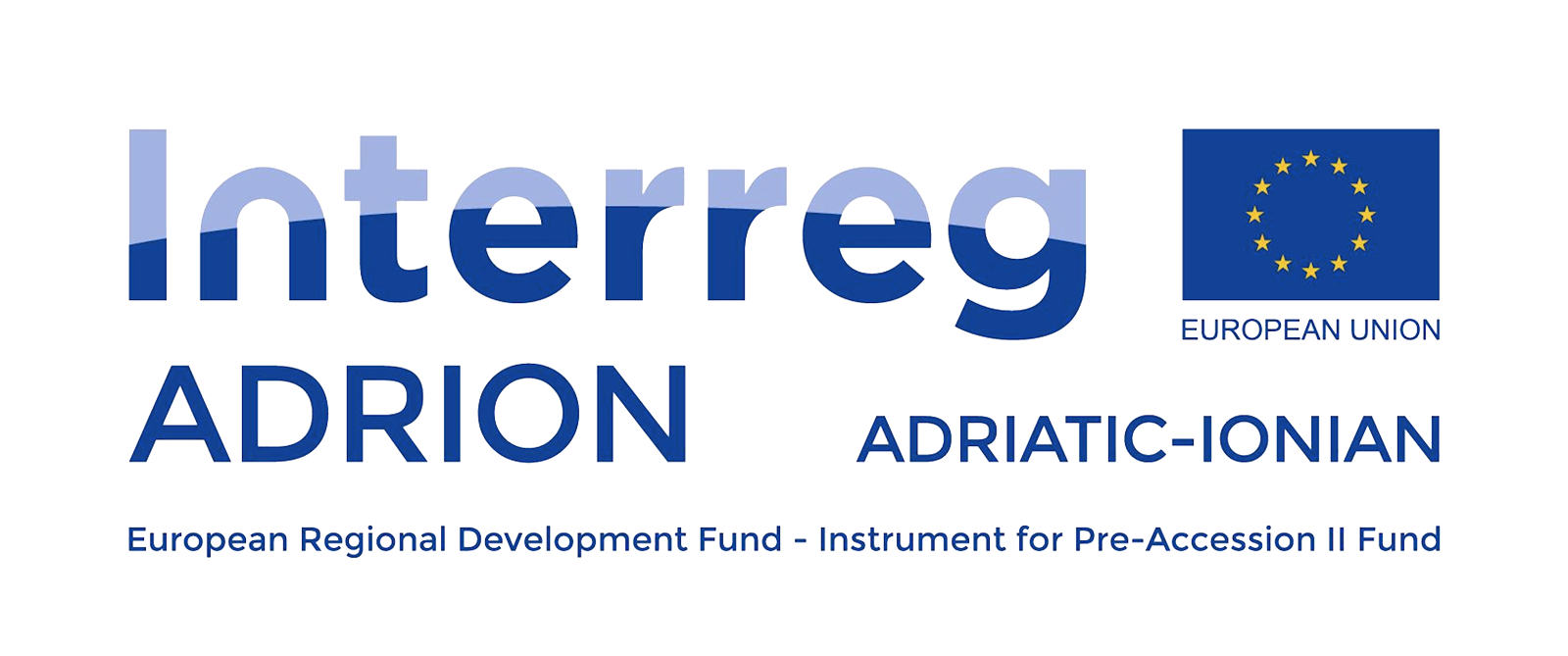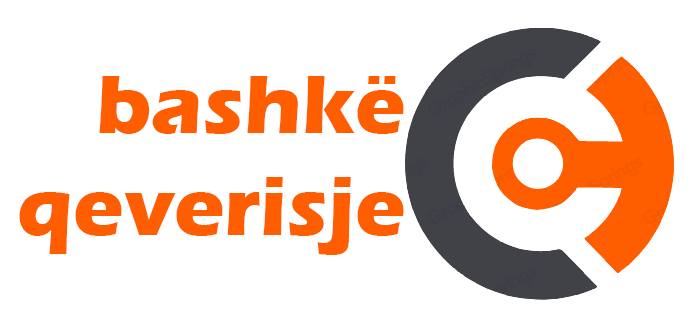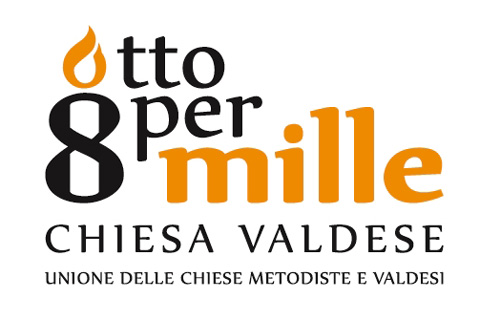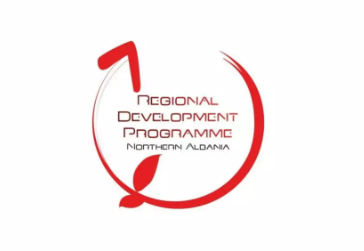Regional Center for Development and Cooperation (RCDC) is a non-governmental organization established in 2007, aiming to contribute further deepening of knowledge and understanding of sustainable regional development processes through study

Promoting the development of the regions, through transfer of technology and innovation...
Training of administration, business and individuals in enhancing professional skills and service quality
Tourism Planning and development at local level




















Regional Center for Development and Cooperation (RCDC) is a non-governmental organization established in 2007, aiming to contribute further deepening of knowledge and understanding of sustainable regional development processes through study, research …